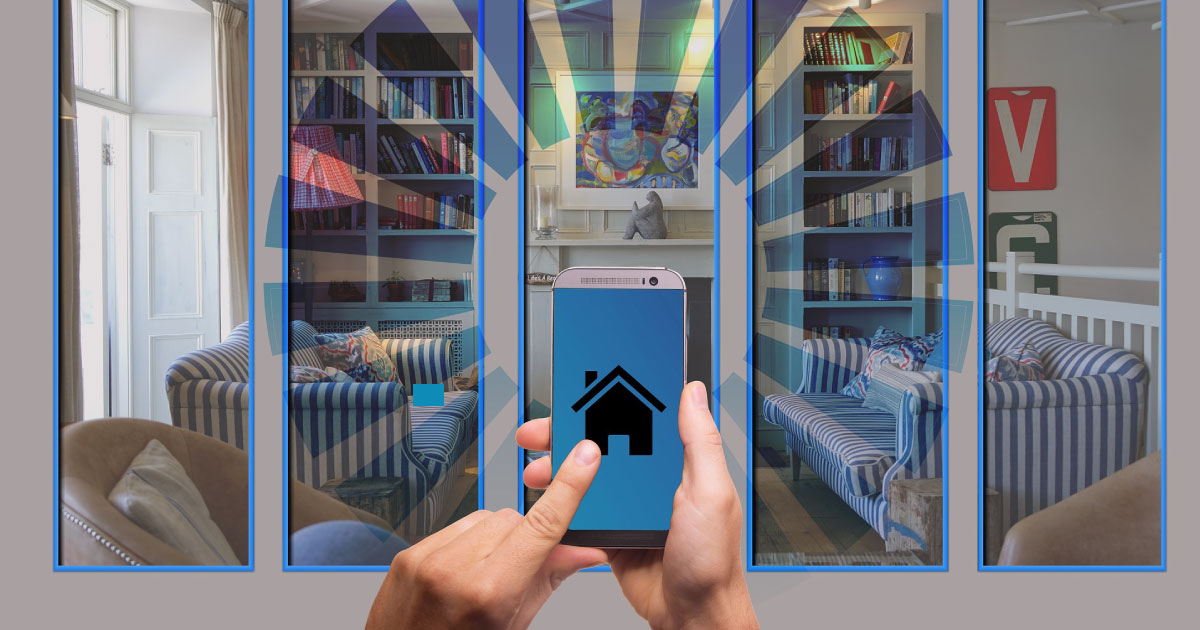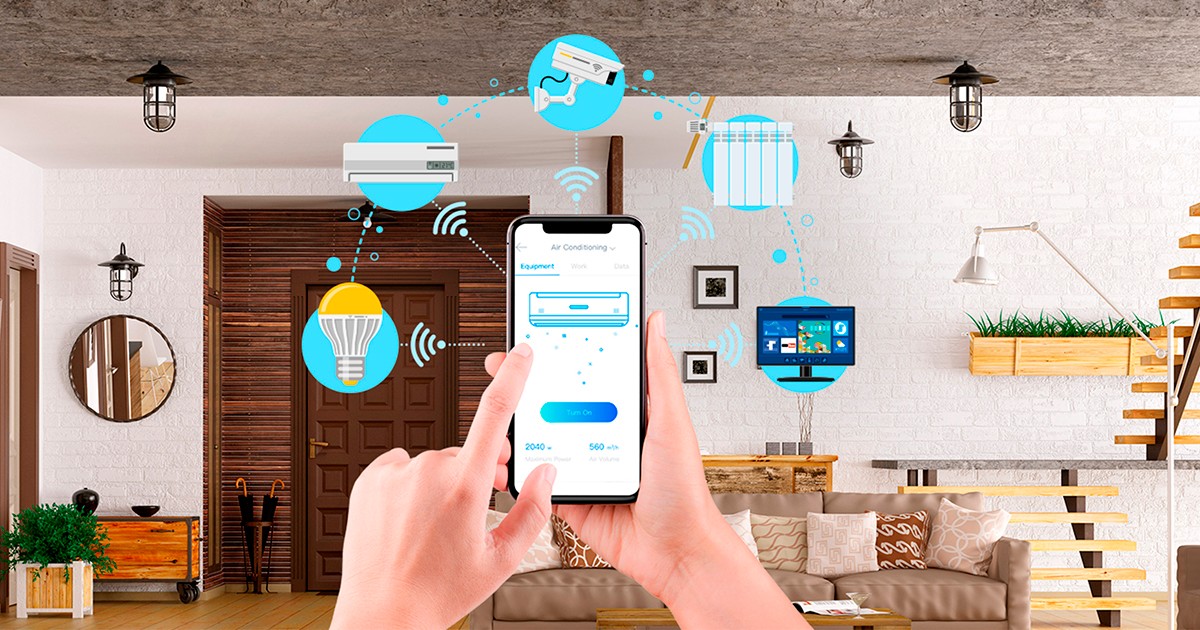
Smart home technology is revolutionizing the way we live, offering unprecedented levels of convenience, comfort, and efficiency in our daily lives. From lighting and thermostats to voice-controlled assistants and security systems, smart home technology is reshaping the modern home into a connected and intelligent living space. Let’s explore the exciting future of smart home technology and how it is enhancing the way we interact with our homes.
1. Evolution of Smart Home Technology
The evolution of smart home technology has been remarkable, with advancements in connectivity, automation, and artificial intelligence transforming traditional homes into smart, interactive spaces. Smart devices are seamlessly integrating into everyday life, offering homeowners greater control over their surroundings and enhancing the overall living experience.
2. Convenience and Control in Smart Homes
One of the key benefits of smart home technology is the convenience and control it provides to homeowners. With the ability to remotely monitor and adjust various home systems through mobile apps or voice commands, smart homes offer unparalleled convenience in managing lighting, temperature, security, and entertainment systems with ease.
3. Energy Efficiency and Sustainability

Smart home technology plays a crucial role in promoting energy efficiency and sustainability. By optimizing energy usage through smart thermostats, lighting controls, and energy monitoring systems, homeowners can reduce utility costs and minimize their environmental impact. Smart homes are equipped to adapt to occupants’ preferences and optimize energy consumption for a greener lifestyle.
4. Enhanced Security and Safety Features
Security and safety are paramount concerns for homeowners, and smart home technology offers advanced solutions for protecting properties and loved ones. Smart surveillance cameras, motion sensors, and smart locks provide enhanced security measures, while smoke detectors and water leak sensors offer peace of mind by detecting potential hazards and alerting homeowners in real-time.
5. Integration of Internet of Things (IoT)
Smart home technology is at the forefront of the Internet of Things (IoT) revolution, where interconnected devices communicate and collaborate to create a seamless and harmonious living environment. The integration of IoT in smart homes allows for enhanced connectivity, data sharing, and automation, enabling devices to work together intelligently to optimize home operations and user experience.
6. Personalization and Customization
Smart home technology empowers homeowners to personalize and customize their living spaces to suit their preferences and lifestyles. From setting personalized lighting scenes and scheduling automated routines to voice-controlling devices and adjusting smart appliances remotely, smart homes offer a tailored experience that caters to individual needs and preferences.
7. Smart Home Assistants and Voice Control
The rise of smart home assistants and voice-controlled devices has revolutionized the way we interact with our homes. Virtual assistants like Amazon Alexa, Google Assistant, and Apple Siri enable users to control smart devices, retrieve information, and perform tasks through voice commands, enhancing accessibility and convenience in smart home environments.
8. Health and Wellness Monitoring
Smart home technology is branching into the realm of health and wellness monitoring, providing innovative solutions for tracking and managing personal well-being. Smart devices equipped with health sensors, sleep trackers, and fitness monitors enable users to monitor their health metrics, track activity levels, and receive personalized insights for improving overall wellness.
9. Smart Home Connectivity and Interoperability
Interconnectivity and interoperability are key factors in the future of smart home technology, as devices from different brands and ecosystems seamlessly communicate and work together to create a cohesive smart home experience. Standards like Zigbee, Z-Wave, and Thread are facilitating device compatibility and enabling a unified smart home ecosystem for enhanced connectivity.

10. Sustainable Living and Smart Home Integration
The future of smart home technology is aligning with the principles of sustainable living and eco-consciousness, as smart devices offer solutions for energy management, resource optimization, and environmentally friendly practices. Smart homes are playing a pivotal role in promoting sustainable living habits and empowering homeowners to make eco-friendly choices in their daily routines.










